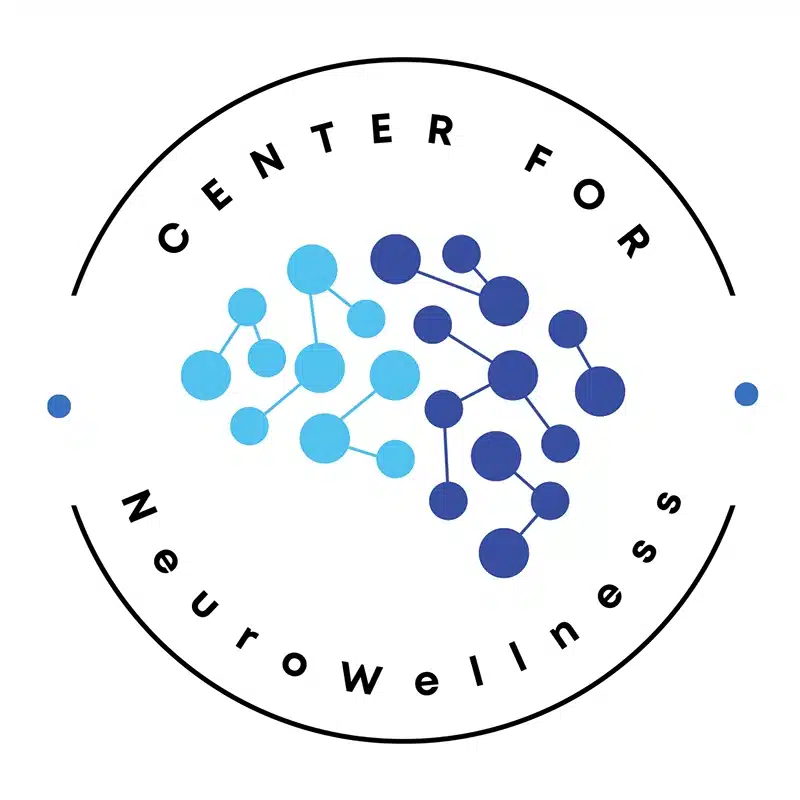Neuropsychological Evaluations
Neuropsychological Evaluations: Understanding the Brain-Behavior Connection
Neuropsychological evaluations play a vital role in understanding the intricate relationship between the brain and behavior. These comprehensive assessments are designed to assess cognitive abilities, emotional functioning, and behavioral patterns to help identify strengths, weaknesses, and potential underlying neurobiological factors. Common areas of assessment include overall intellectual abilities, visual and verbal memory skills, immediate and sustained attention, processing speed, executive functioning, motor functioning, perceptual reasoning, expressive and receptive language abilities, and visual-spatial skills. We collaborate and provide neuropsychological evaluation results with neurology, primary care, psychiatry, mental health clinicians, and other team members involved in an individual’s health care.

Importance of Neuropsychological Evaluations:
1. Accurate Diagnosis: Neuropsychological evaluations are crucial in providing accurate diagnoses for individuals with suspected neurological or neuropsychiatric conditions. By examining various cognitive domains such as attention, memory, language, executive functions, and visual-spatial skills, these evaluations can shed light on the nature and extent of cognitive impairments.
2. Early Detection: Neuropsychological Evaluations assist in understanding the nature and severity of memory loss, normal aging vs dementia, and early detection of cognitive deficits.
3. Treatment Planning: A thorough understanding of an individual’s cognitive strengths and weaknesses is essential for developing effective treatment plans. Neuropsychological evaluations provide valuable insights into an individual’s cognitive profile, helping clinicians tailor interventions, therapies, and rehabilitation strategies to address specific areas of difficulty and optimize outcomes.
4. Baseline Assessment: Neuropsychological evaluations serve as a baseline assessment of cognitive functioning, enabling healthcare professionals to monitor cognitive changes over time. This is particularly important for individuals at risk of cognitive decline due to conditions such as dementia, traumatic brain injury, or neurodegenerative disorders.
5. Individualized Interventions: By identifying an individual’s cognitive strengths and weaknesses, neuropsychological evaluations enable the development of targeted interventions and accommodations. These interventions can optimize academic performance, workplace productivity, and daily functioning, fostering independence and improving overall quality of life.
6. Forensic Applications: Neuropsychological evaluations can be utilized in forensic settings to assess cognitive functioning related to legal matters. These evaluations provide objective data on an individual’s cognitive abilities, contributing to decision-making processes in legal proceedings.
A neuropsychological evaluation is recommended for any case in which brain-based impairment in cognitive function or behavior is suspected. Typical referrals are made to diagnose or rule out the following conditions, and to describe their impact on a person’s cognitive functioning:
- Traumatic Brain Injury
- Memory Decline (Dementia)
- Mild Cognitive Impairment (MCI)
- Academic and Learning Difficulties
- Attention Deficit Disorder
- Executive Function Weakness
- Developmental Disorders
- Anoxic Brain Injury
- Metabolic Brain Injury Substance Abuse
- Cardiovascular Disorders
- Seizure Disorders
- Multiple Sclerosis
- Brain Tumors
- Parkinson’s Disease
- Toxic or Other Encephalopathies
- Preparation for Bariatric or Spinal Surgery
Our neuropsychological evaluations are tailored to the specific referral question a physician or a patient has. After a neuropsychological evaluation is completed, recommendations may include:
- Referral for additional medical diagnostic assessments
- Cognitive rehabilitation
- Psychotherapy family counseling
- Support groups
- Stress management and relaxation
- Referral for psychiatric medication
Our neuropsychological evaluations provide valuable information in many significant ways and may be used to:
- Help with early detection of mild cognitive deficits. That is often critical to assist physicians with diagnosis, treatment, and monitoring of neurodegenerative disorders, such as Alzheimer’s or Dementia. It also helps to establish a cognitive baseline to assist in later diagnostic assessments.
- Identify cognitive strengths and weaknesses to assist with disease or injury recovery and course.
- Assist in decision making regarding return to school, work, driving, sports, and independent living.
- Educate patients and family regarding the injury or disease, related cognitive issues, recovery time frame and course, and development of compensatory and coping strategies.
- Assist in determining a patient’s capacity to consent to treatment or manage their own affairs.
At the Center for NeuroWellness, our experienced neuropsychologists specialize in conducting comprehensive neuropsychological evaluations. We are dedicated to unraveling the complexities of the brain-behavior connection and helping individuals achieve their full potential.


